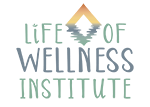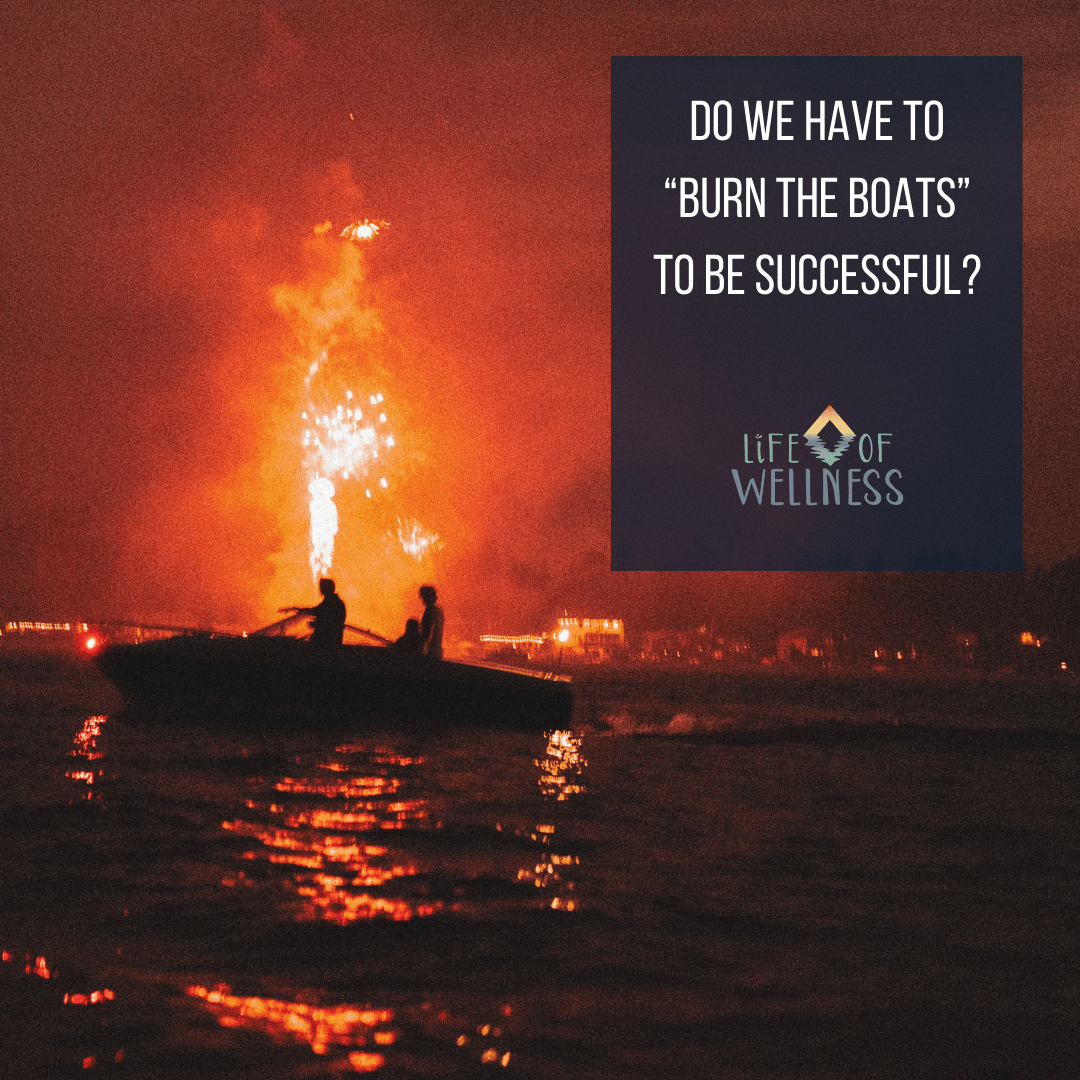This post is the first in a series about the benefits of yoga in mental health recovery. In this series, we will explore what recovery is. The challenges along the way, and the importance of having the right support at the right time. As well as how to avoid the narcissist healers and gurus and benefit from the tools yoga provides.
What is Mental Health Recovery?
The word recovery can mean many different things. It is often described to us as a process or a journey. The problem is an expectation of a linear path. When our reality is a challenging roller-coaster—filled with ups and downs, breakdowns, and feeling out of control. We are left believing we are doing it wrong or that recovery is a dream we will never experience. The truth is that recovery is messy, challenging, and filled with highs and lows.
Along the way, there are days (weeks or months) when we feel well. But also days when it feels like we have lost everything we have worked so hard for. I’ve learned to live in the moment while playing the long game. In other words, living in the present moment, embodying my life, and giving myself time to do the work in treatment and grace when I stumble. Time to curiously explore and discover healthy coping techniques and when they help me. Which has helped me feel more confident and less overwhelmed when symptoms and challenges occur.
The biggest surprise is that we each get to define what recovery means for us. For some, it means no longer having symptoms. For others, it means managing the symptoms and regaining control of how we experience life. What we all have in common is we have learned healthy ways to cope with challenges—caring for ourselves in the tender experience of being human and ultimately transitioning from barely surviving to thriving.
Hope Floats
Hope Floats is one of my favorites, not because it is a love story or has a happy ending. But because it is messy! Really messy. The reality of how our pain affects our lives and our loved ones. Mainly because Birdie, played by Sandra Bullock, isn’t swept away and saved by the love of another. She finds her path to healing by connecting with her love of photography, honoring her needs, and setting firm boundaries. By doing so, she finds her happiness within herself.
The last thing our monkey mind and disordered mental health thinking want us to feel is hope. Even when we find it, our distorted thoughts want us to believe that hope fades and is pointless. But if we can give space for hope. Lean into our desire for recovery and learn to trust ourselves. Our hope can be a grounding foundation and energy driving us to find a way to get better and heal. It can keep us strong when we encounter challenges—offering us a sense of joy and peace, knowing that a better tomorrow exists.
Finding and Accepting Help
The importance of having help from mental health providers can not and should not be understated. A vital part of our recovery is having a team of trusted care providers with the expertise and scope of practice to support us. It is the first of many steps we will take to honor ourselves along the way.
The urgency we feel to stop hurting with the challenges of getting help is a dangerous combination. Further complicated by an overwhelmed, limited health care system with far too many barriers to access. It leaves us vulnerable to accepting help from places or people without the expertise and scope of practice we need. Which often results in destabilizing our mental health and further suffering.
While embodiment-based practices, such as yoga, meditation, and breath work, can be beneficial and complementary to mental health recovery. But we must engage them at the right time and with a qualified practitioner.
Resources
- Eat Breathe Thrive: Helping individuals overcome eating disorders by providing skills and resources for mindful eating, emotional resilience, and positive embodiment.
- Mindful Yoga Therapy for Veterans: Helping Veterans and their families find a calm and steady body and mind to continue productive and peaceful lives through the support of the mindful practices of yoga and education.
- Prison Yoga Project: Supports incarcerated people with trauma-informed yoga and mindfulness practices to promote rehabilitation, reduce recidivism, and improve public safety.
- Yoga for 12 Steps of Recovery: Y12SR ‘s Holistic Model is designed to Address the Physical, Mental and Spiritual Dis-ease of Addiction.
- Yoga 4 Cancer: Provides an evidence-informed Oncology Yoga method tailored to address the specific physical and emotional needs left by cancer and cancer treatments.
Educational Resources
- Stress and trauma-informed care training. A strengths-based framework grounded in the understanding and consideration of the pervasive nature and impact of stress and trauma.
- BE K.I.N.D. Embodied Wisdom Methodology (TM)
- Trauma-Informed and Body-Neutral Certified 200-Hour Viniyoga Teacher Training
- Certified 300-Hour Advanced Yoga and Ayurvedic Somatic Coaching Training
Continue reading Life of Wellness Blog
Disclaimer:
No content on this site, regardless of date, should ever be used as a substitute for direct medical advice from your doctor or other qualified clinicians.



